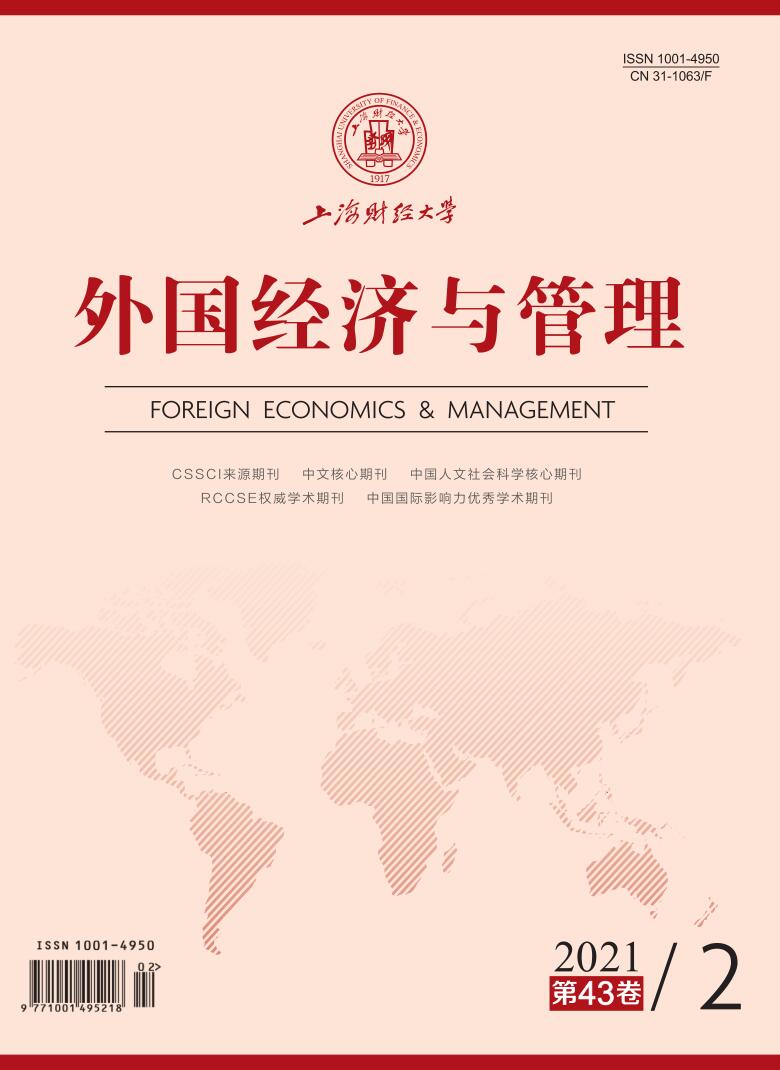At present, the Chinese capital market is generally in the emerging and transitional stage, and the problem of information asymmetry between accounting information providers and general users is still widespread, leading to the inefficiency and systemic risks of capital market resource allocation. Private communication and public disclosure, as the main methods for market participants to obtain company information, have received widespread attention for their role in reducing information asymmetry in the capital market. The academic community has also conducted rich and detailed discussions on this. They find that private communication is a powerful supplement to public disclosure and the two are playing active roles together in strengthening the normal information transmission mechanism of the market, reducing the company’s systemic financial risks, and helping market participants make correct investment judgments and decisions. However, there is still a lack of research on the impact of private communication on public disclosure. The discussion of this issue can not only enrich the related research on private communication and information disclosure, but also analyze the motivation of the information disclosure behavior of listed companies, and provide new ideas for alleviating the information asymmetry of the capital market.
This paper uses 2007-2019 listed companies in China as a research sample to examine the impact of field investigation, a private communication method, on company information disclosure. The research finds that:(1)Field investigations will lead to selective information disclosure by companies, that is, upward performance adjustments and reduction of risk information disclosure in annual report.(2)The mechanism research finds that field investigation can increase the market pressure faced by listed companies by increasing analyst attention and media attention, thus leading to the selective information disclosure.(3)Executives play important roles in the selective disclosure. When they have higher salary, they are more motivated to conduct trench defense and their selective information disclosure behaviors are also more obvious.(4)Further research shows that field investigations will affect the company’s accounting conservatism and the comparability of accounting information, leading to an increase in the level of information asymmetry between the company and the market.
On the basis of existing research, the possible contributions of this paper are mainly reflected in the following aspects. First of all, it enriches the economic consequences of field investigation literature. Existing research has verified the governance effect of field research mainly from the perspectives of market reaction and analyst forecasts, while this paper innovatively discusses the topic from the perspective of company selective disclosure. The results show that field research will lead to selective information disclosure by companies, that is, upward performance adjustments and reduction of risk information disclosure in annual report, thus confirming the pressure effect of field research. Secondly, from the perspectives of accounting information comparability and accounting information conservatism, it shows that this “blind-eye” type of information whitewashing behavior will not only disturb the audiovisual, but also distort the normal information transmission mechanism of the market and aggravate the company’s information asymmetry. Finally, it confirms that executives may make discretionary choices regarding the public disclosure of information driven by market pressure. This helps to deepen the understanding of investors on company information disclosure, and provides a new perspective for government functional departments to strengthen the supervision of selective disclosure of accounting digital information and text information.






 9765
9765  7266
7266

